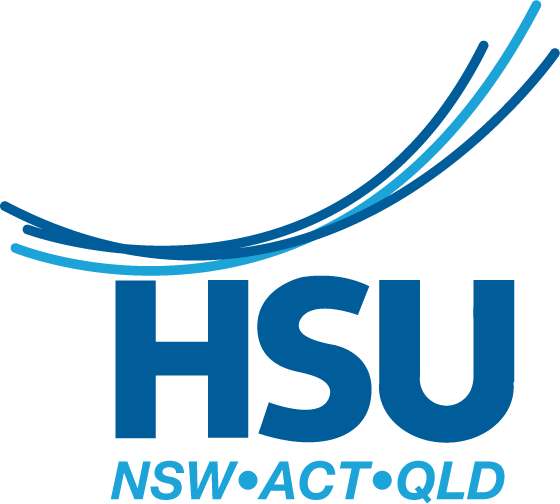Union leader slams Labor’s “inferior” pay offer
-
Published May 26, 2023
The Australian, 26 May 2023
NSW Health Services Union secretary Gerard Hayes has labelled Labor’s initial public sector pay offer “totally unacceptable” and “inferior” to what the Coalition tabled a year ago, flagging intensifying industrial action if wage demands are not met.
Without the government stepping in to help the state’s lowest-paid workers, the union leader warned “civil unrest was just beneath the surface” as households struggle to pay bills amid soaring inflation and 11 interest rate hikes.
After sweeping to power behind a promise to dismantle the previous government’s 3 per cent wages cap, Premier Chris Minns has met fierce opposition as union leaders accuse the government of dragging its feet on negotiations, and vowing they will not condemn their members to real wage cuts.
Last Friday, Treasurer Daniel Mookhey tabled the government’s initial offer, presenting union bosses, including Unions NSW chief Mark Morey, with a one-year, 4 per cent increase. But there remains conjecture as to whether the figure included a 0.5 per cent superannuation bump.
While he was not present at the meeting, Mr Hayes understood the proposal to be inclusive of superannuation, deriding the Minns government for offering less than former premier Dominic Perrottet in the June budget – a 3 per cent jump plus a $3000 one-off “appreciation” payment.
“What we’ve seen is an offer that is inferior to what was offered by a tired Liberal government on the back of three years of a pandemic,” Mr Hayes told The Weekend Australian.
“I won’t accept the offer. The reality is our members fought hard for a change of government.”
While Labor avoided providing the cost of scrapping the Coalition’s wages cap during the state election, saying any gains would be taken from savings and productivity improvements, the Parliamentary Budget Office modelled a 1 per cent public sector pay increase at a cost of $2.6bn.
Representing tens of thousands of public sector healthcare workers, Mr Hayes, who is advocating for a 6.5 per cent pay increase, said it was a “fool’s paradise” not to expect forcing frontline staff to pursue employment in Queensland and Victoria in the face of declining real wages.
Mr Hayes alluded to preliminary results from an internal HSU member survey sent out on Wednesday evening, in which 95 per cent of the roughly 3000 responses rejected the government’s initial offer, while 89 per cent said they were prepared to take further industrial action.
“We had 3000 responses last night to a survey saying the government’s offer was totally unacceptable,” he said.
He warned living conditions had deteriorated sharply over the past 12 months, and the cumulative effect on households was leading society to a “tipping point”, adding that trying to handle wage increases in an anachronistic manner from “30 or 40 years ago” was simply not acceptable.
“There is civil unrest just underneath the surface. Workers need a way to hold their families and households together,” he said.
“We need to figure out what we stand for as a society, and if we are going to stand by workers.”
The Premier’s office and Mr Mookhey declined to comment.
